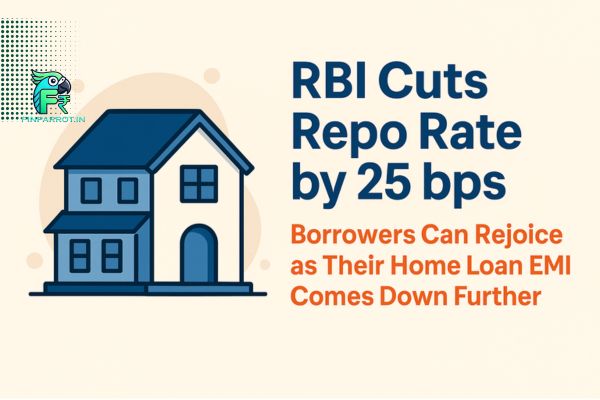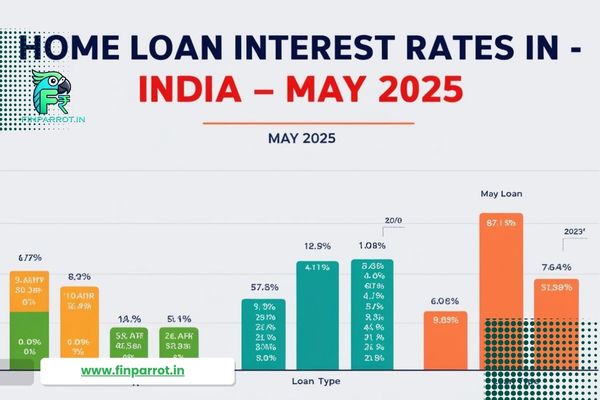Introduction:
What is Debt and Why Does It Matter?
In today’s economic environment, debt has become a common reality for many, encompassing various forms from credit card balances and personal loans to mortgages and student loans. While debt can serve as a valuable tool for acquiring assets or managing expenses, it’s crucial to recognize that it inherently carries interest charges. These charges represent the cost of borrowing and can significantly increase the total amount repaid over time. Managing multiple debts, each with its own interest rate, payment schedule, and terms, can become a complex and overwhelming undertaking. The ability to effectively navigate this landscape hinges on understanding the fundamental principles of debt management and the importance of proactive repayment strategies. Failing to address outstanding debts can lead to a cycle of increasing financial strain, negatively impacting credit scores, and hindering long-term financial goals.
Why is Proactive Debt Repayment Essential?
Prioritizing debt repayment is not merely about reducing outstanding balances; it’s about safeguarding your financial well-being and securing a more stable future. The primary reason to focus on debt elimination is the burden of interest payments. High-interest debts, such as credit card balances, can accrue substantial charges, making it increasingly difficult to reduce the principal amount owed. Moreover, managing numerous debts can lead to missed payments, incurring further penalties and negatively affecting your creditworthiness. A poor credit score can, in turn, limit access to future credit and increase borrowing costs for essential needs. By proactively tackling debt, you minimize interest expenses, simplify your financial obligations, improve your credit profile, and free up income for savings, investments, and other financial aspirations. Ultimately, reducing debt fosters a greater sense of financial control and reduces stress associated with financial obligations.
How Can Effective Strategies Help?
Developing and implementing effective debt repayment strategies is paramount to navigating the complexities of outstanding balances. A well-defined plan provides a structured approach to tackling debt, preventing feelings of overwhelm and fostering a sense of control. Strategies like the debt avalanche (prioritizing high-interest debts) and the debt snowball (prioritizing small balances) offer distinct methodologies for allocating repayment efforts. Furthermore, exploring options like debt consolidation can simplify management by combining multiple debts into a single payment. Regardless of the chosen method, a successful strategy hinges on meticulous budgeting, consistent effort, and unwavering discipline. These approaches empower individuals to make informed decisions about their finances, optimize their repayment efforts, and ultimately accelerate their journey towards becoming debt-free.
Who Can Provide Guidance?
Navigating the intricacies of debt management can be challenging, and seeking professional guidance can be a prudent step. Debt management and financial counseling agencies, such as SingleDebt, specialize in providing expert advice and support to individuals seeking to overcome their debt burdens. These agencies offer a range of services, including comprehensive financial assessments, personalized debt repayment plan development, negotiation with creditors to potentially lower interest rates and waive fees, and even legal support in cases of creditor harassment. By leveraging the expertise of such organizations, individuals can gain clarity on their financial situation, access tailored strategies, and receive the support needed to navigate the path towards debt freedom with greater confidence and efficiency.
Frequently Asked Questions (FAQ)
1.What is the difference between secured and unsecured debt?
Secured debt is backed by an asset (e.g., a house for a mortgage, a car for an auto loan). If you default, the lender can seize the asset. Unsecured debt is not backed by specific collateral (e.g., credit card debt, personal loans).
2. Which debt repayment method is best?
The “best” method depends on individual circumstances and preferences. The avalanche method saves more on interest, while the snowball method can provide quicker psychological wins
3. What is a good debt-to-income ratio?
Generally, a total debt-to-income ratio (including housing costs) below 43% is considered healthy. A lower ratio indicates a better ability to manage debt.
Conclusion:
What are the Key Takeaways?
The journey towards financial freedom from debt requires a multifaceted approach encompassing awareness, strategic planning, and consistent action. Understanding the true cost of debt, particularly the impact of interest, is the first crucial step. Implementing a well-defined repayment strategy, whether prioritizing high-interest debts or focusing on smaller balances for psychological wins, provides a roadmap for progress. Furthermore, exploring options like debt consolidation can simplify management and potentially reduce overall costs. The key takeaway is that proactive engagement with your debt, coupled with a structured plan, is essential for regaining financial control.
Why is Consistency and Discipline Crucial?
While understanding strategies and creating a plan are vital, the ultimate success in debt repayment hinges on consistent effort and unwavering discipline. Sticking to your budget, making timely payments, and resisting the temptation to incur further debt are paramount. The debt repayment journey can be a marathon, not a sprint, and maintaining focus and commitment over time is essential to achieving your financial goals. Even small, consistent extra payments can significantly accelerate debt reduction and minimize overall interest paid.
How Can You Stay Motivated?
Maintaining motivation throughout the debt repayment process can be challenging. Setting realistic and achievable milestones can provide a sense of progress and accomplishment. Regularly tracking your debt reduction and celebrating small victories can help sustain momentum. Visualizing your debt-free future and focusing on the long-term benefits can also serve as powerful motivators. Additionally, seeking support from financial counselors or joining online communities can provide encouragement and accountability.
What is the Ultimate Goal?
The ultimate goal of effective debt repayment is to achieve financial freedom. This encompasses not only the elimination of outstanding debts but also the establishment of sound financial habits that prevent future debt accumulation. A debt-free status unlocks numerous opportunities, including increased financial security, the ability to pursue personal and financial goals without the burden of debt payments, and a greater sense of overall well-being. By diligently working towards becoming debt-free, individuals can pave the way for a more prosperous and secure financial future.
Most Topic Topics
Before You Foreclose a Loan, Know These 10 Impacts – Click Here
Avoid Loan App Mistakes: 10 Steps to Protect Your Credit Score – Click Here









